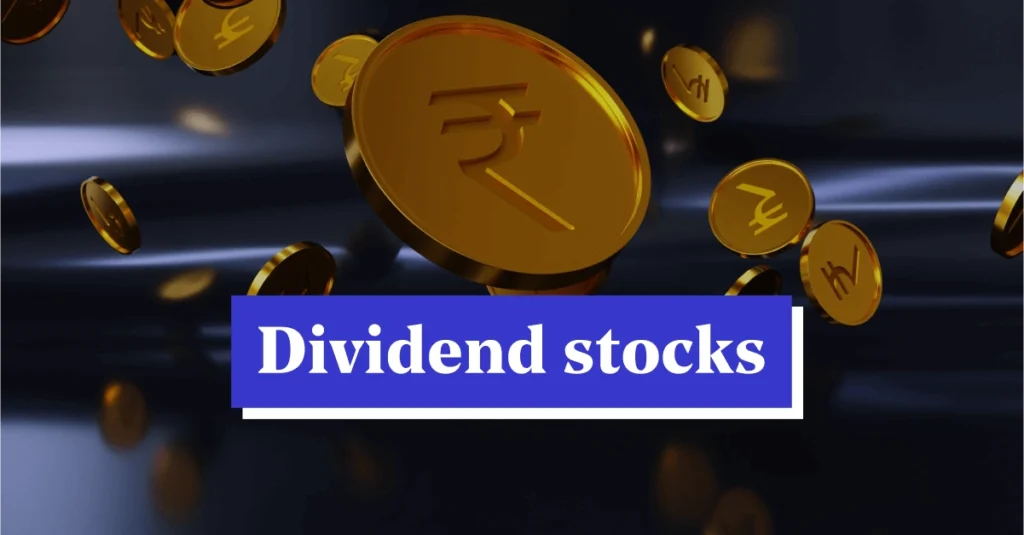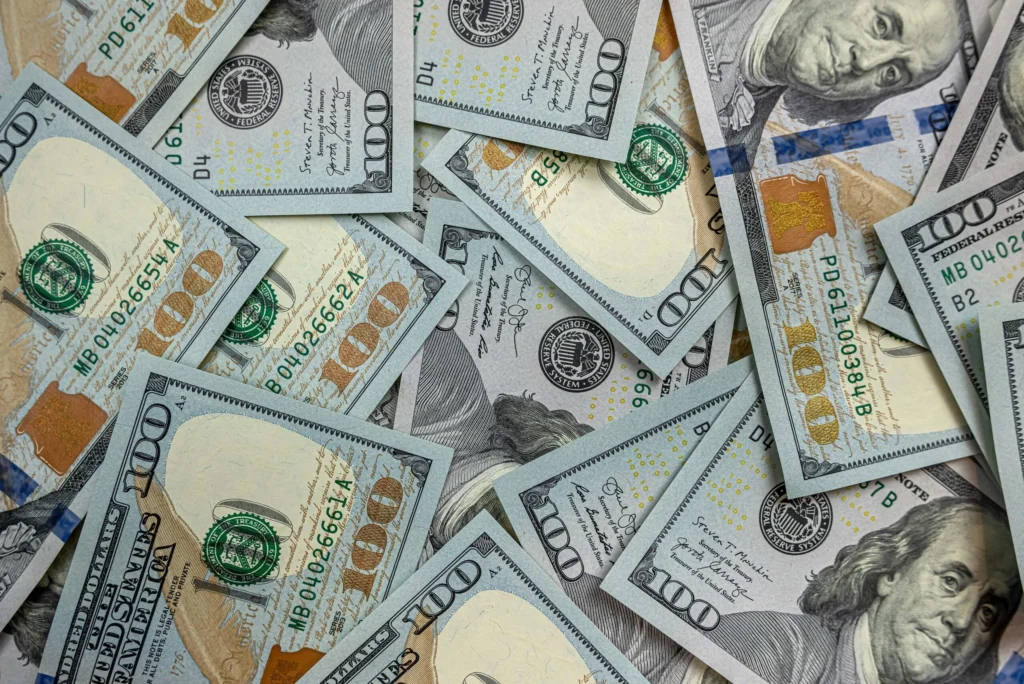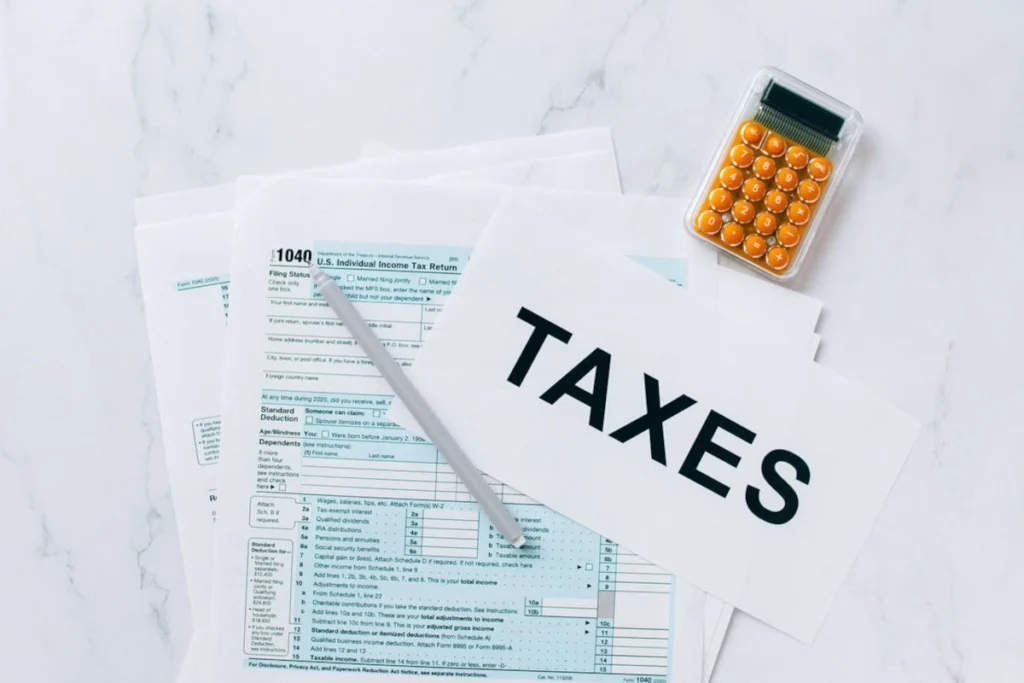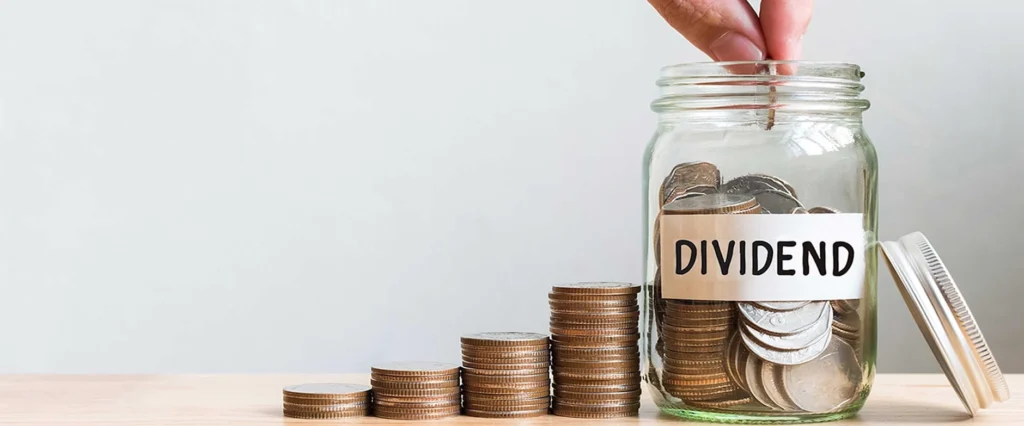Introduction: What Are Stock Dividends, and Why Should You Care?
Stock dividends may sound like something only Wall Street insiders talk about, but the truth is, they’re a pretty common — and often misunderstood — method of rewarding shareholders. Instead of giving out cash, companies give out more shares.
Seems like a nice bonus, right? But before you get too excited, it’s worth digging into both sides of the story. Like most investment tools, stock dividends have their advantages — and some less-than-glamorous realities.
Let’s unpack it.
Pros: Stock Dividends Can Grow Your Ownership Automatically

At their best, stock dividends are a great way to build wealth passively. Let’s say you own 100 shares and the company issues a 10% dividend. Boom — you now own 110 shares. You didn’t have to buy them, trade anything, or pay a fee.
The added benefit? These new shares can grow over time just like your originals, helping you compound your returns. Long-term investors who reinvest and hold may find that their portfolios snowball quietly.
It’s essentially a “pay yourself later” model — one that can work well if the company’s value also increases.
Cons: The Share Price Drops After a Stock Dividend

Here’s the less exciting news. Right after the dividend is issued, the share price usually falls. It’s not because the stock is tanking — it’s just math.
If your 100 shares at $50 each become 110 shares, they’ll likely drop to around $45.45 per share. The total value of your investment stays the same initially. You just own more pieces of a slightly smaller pie.
So, if you were expecting a free ride, you might be disappointed. The real benefit lies in the long game.
Pros: Companies Preserve Cash with Stock Dividends

From a business perspective, stock dividends make a lot of sense — especially in times of market volatility. Instead of using up cash reserves, companies can reward shareholders with equity while keeping their books intact.
This is common in industries where cash flow needs to stay flexible — like tech, utilities, or industrials. It also signals that the company is stable enough to issue dividends, just not in cash.
Some investors view it as a sign of forward planning, not weakness.
Cons: Not All Are Created Equal

Here’s where things get tricky. If a company is handing out extra shares because they can’t afford cash dividends, that’s a red flag. It could mean earnings are tight or management is trying to cover up weaknesses.
Also, repeated stock dividends without strong business performance can clutter your portfolio. You may end up with odd-lot share counts, fractional holdings, and no meaningful increase in overall value.
In short: not every stock dividend is good news. Context matters.
Pros: Potential Tax Advantages for Long-Term Investors

In many jurisdictions, stock dividends aren’t immediately taxed. Instead, they adjust your cost basis — the amount you initially paid for the investment. That means no tax bill until you eventually sell the shares.
This deferral can be a major plus if you’re focused on compounding and reinvestment. It’s a subtle benefit, but one that long-term investors often overlook.
Still, it’s always wise to check your local tax laws or speak with a professional.
Cons: It Don’t Increase Immediate Wealth

Let’s set the record straight: you’re not getting “richer” the moment you receive a stock dividend. The total value of your investment remains the same — it’s just divided across more shares.
If you’re looking for income or cash flow, this isn’t your solution. These dividends work better for those building value over time, not those looking to tap into gains right away.
That’s not a flaw — just a limitation.
FAQs About Stock Dividends

1. Are stock dividends better than cash dividends?
It depends. Stock dividends are great for long-term growth. Cash dividends are better for immediate income.
2. Do all companies offer them?
No. They’re more common in sectors where retaining cash is a priority, like utilities and energy.
3. Do stock dividends always reduce the share price?
Yes, usually. But it’s a proportional change, not a value loss.
4. Can I sell stock dividend shares right away?
Yes — once credited, they’re yours. Just remember they were part of a value-neutral transaction.
5. Is It taxed?
Often not immediately. They adjust your cost basis, delaying taxes until sale.
6. Do stock dividends affect my ownership percentage?
No. Since all shareholders receive them equally, your percentage stays the same.
Conclusion: Are Stock Dividends Right for You?

When used wisely, stock dividends can be a low-key way to grow your portfolio — especially if you’re in it for the long haul. They’re not flashy, they won’t fund your next vacation, but they can quietly build wealth in the background.
On the flip side, they can also add complexity, and they don’t offer the immediate benefits of cash. Like everything in investing, it comes down to your goals.
Bottom line? If you like the idea of watching your investments expand quietly over time, stock dividends might be worth a closer look.
Relevent news: Here



